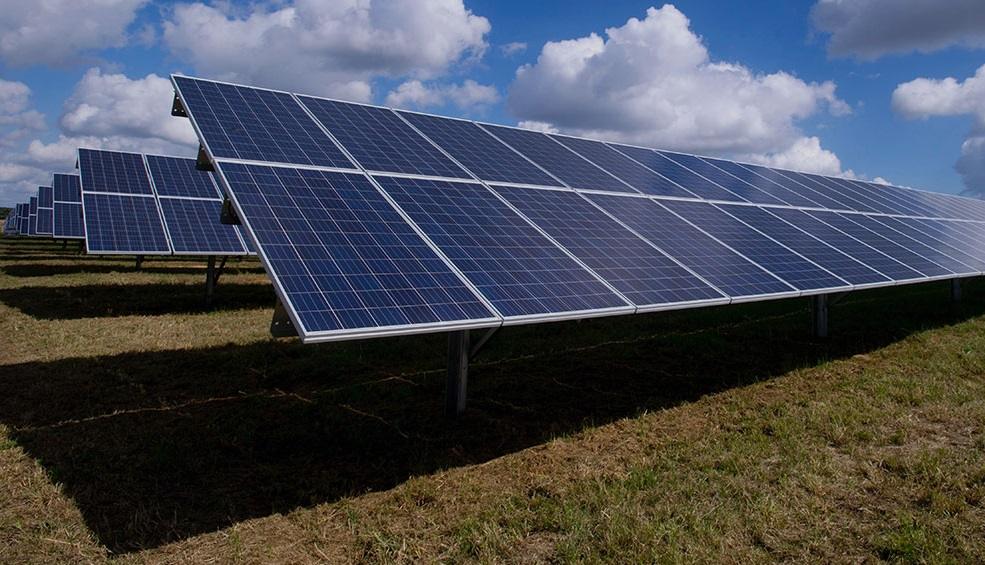SMEs Lagging on Climate Action Due to Cost, Lack of Information: Report
Over three quarters of small and medium sized businesses (SMEs) in the UK lack a strategy to address their climate impact, according to a new survey released by Lloyds Bank for Business, despite acknowledging the importance of sustainability. Key barriers to the pursuit of climate strategies for small business owners included cost and a lack of information.
For the study, Lloyds commissioned market research and data analytics firm YouGov to survey enterprises with fewer than 250 employees. The surveys were completed by company owners or decision makers, with more than 1,000 interviews completed.
According to the study, more than 80% of small businesses said that they recognize the importance of being more sustainable, and 68% are aware of the UK government’s targets to reach net zero. Fewer than half were aware of the meaning of “net zero,” however, and 77% either do not have or are unsure of their business strategy to reduce their carbon footprint in the next three years.
Adam Rainey, Commercial Director of Business Banking at Lloyds Bank said:
“While our nation’s small businesses recognise the importance of tackling climate change, there are real issues with understanding how to get there – including calculating carbon emissions and even the meaning of net zero.”
Cost was cited most often as the main barrier to going green, reported by 44% of respondents, followed by a lack of information, reported by 32%. Only 15% of business owners knew how to calculate the carbon footprint of their businesses.
The study found that younger business owners were farther along in their climate strategies, with 50% of those under the age of 35 concerned about their carbon footprint, and over a third being able to calculate it.
Rainey added:
“Fortunately, there’s a whole host of support available to help businesses make their first steps in becoming greener, from getting started with electric vehicles, practical guides to help reach net zero and tools to calculate potential energy savings at business premises. We know it can seem daunting but some really simple things, such as reducing travel and recycling, are also great places to start.”





